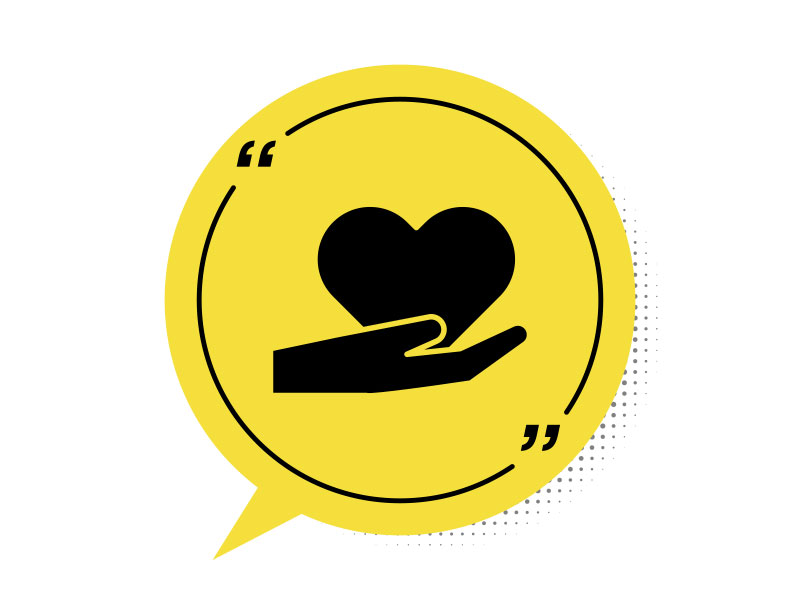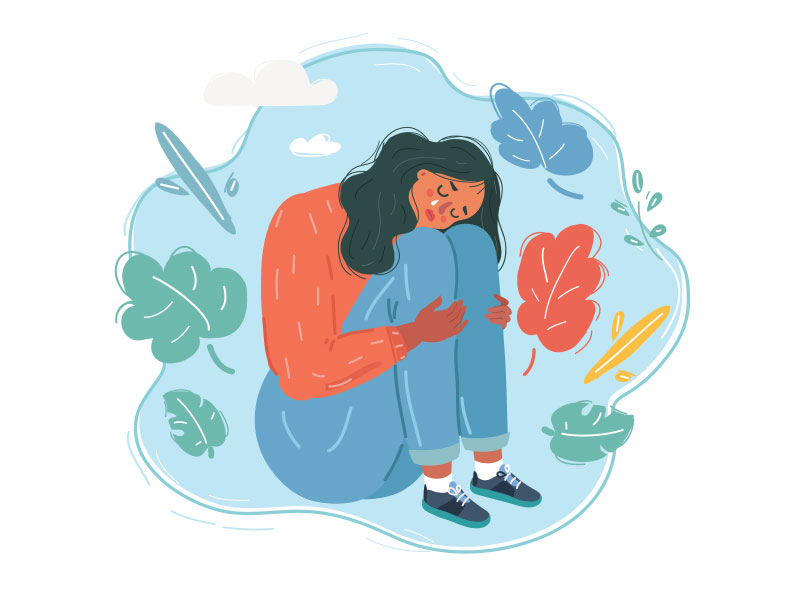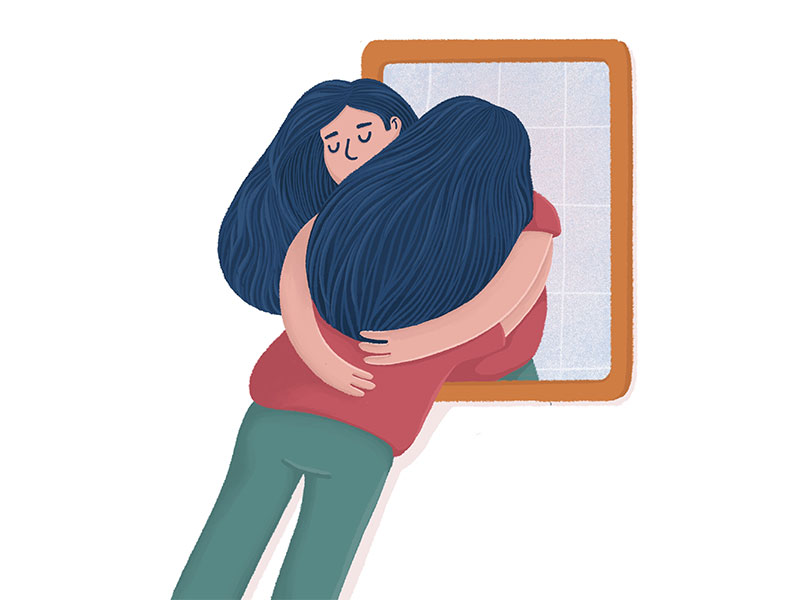For Survivors
You are not alone.
Key Message for Survivors
- You did not do anything wrong and it is not your fault
- It isn’t fair that this has happened, but you survived, and you are strong and courageous
- Allow yourself the time and space to heal on your own schedule with the help that you need
- We believe you and we support you. You are not alone

If You Have Just Experienced Sexual Assault
Ensure that you are safe
- Keep away from the perpetrator or places you know they may be
- Do not respond to any of their attempts to contact you
- Call the police at 999 or campus security at 6828 0343 if you feel you are still in danger
Seek medical support
- In the even that you sustained any injuries during the assault, seek medical attention immediately either from the nearest GP clinic or hospital
- Call 995 to request for emergency medical help if you are seriously injured
- You may wish to consider getting a test for Sexually Transmitted Diseases (STDs) or emergency contraception if you are worried of the risk of pregnancy
Gather evidence
- Do so regardless of whether you wish to make a police report – this keeps your options open as there is no time limit on reporting a sexual crime
- Take photos of injuries sustained, crime scenes with identifiable location information, inform someone about the incident (so you have a second-hand witness), write down details of the incident or place clothing or other relevant objects in a zip-loc bag
- Note: if you wish to make a police report, do not shower, use the restroom, change your clothes or personal belongings etc. within the first 72 hours. This will help the police to collect DNA evidence of the assault
- The police may refer for you to have a Rape Kit Examination at the hospital in such situations. If you are below 21 years old, the examination will require a parent or guardian’s signature
Seek support
- You may want to reach out to trusted family or friends to confide in them
- If you wish to speak with someone within the school, you may make an appointment with the team with Voices@SMU or a Counsellor at Mrs Wong Kwok Leong Student Wellness Centre (MWKLSWC)
- You may choose to also approach mental health professionals to help you through the experience (possible external agencies to approach are listed below)

Self-care tips for recovery
- Take care of your physical needs
Even if you are not able to sleep, it helps to lie down or rest with your eyes closed to give your body a break. Also, ensure that you eat and stay hydrated - Take a bath or shower
Staying clean physically will help in washing away negative emotions - Get some fresh air
Being outdoors will help to improve your moods. Breathe some fresh air, look at the sky or sit by the beach - Do something creative
You could try writing, collaging, painting, craftwork or cooking etc. Pick something you are comfortable channeling your negative feelings into - Practise daily gratitude
While this may be difficult especially if you feel overwhelmed, it is also one of the best ways to counter negative emotions. These statements do not have to be complicated and can be as simple as “I had a nice cup of tea” - Set boundaries
Heal at your own pace. Do not feel pressured to take the next step if you are not ready for it - Confide in someone
Reach out to your family, close friends or other appropriate and professional services for support whenever you need - Do something that makes you feel most like yourself
Familiar activities or rituals will help you to regain a sense of normalcy - Take it easy
Recognize that you may not always feel ok and may need an off day. You can try again tomorrow

Jump to section: